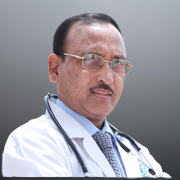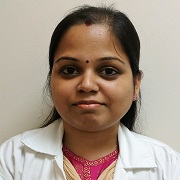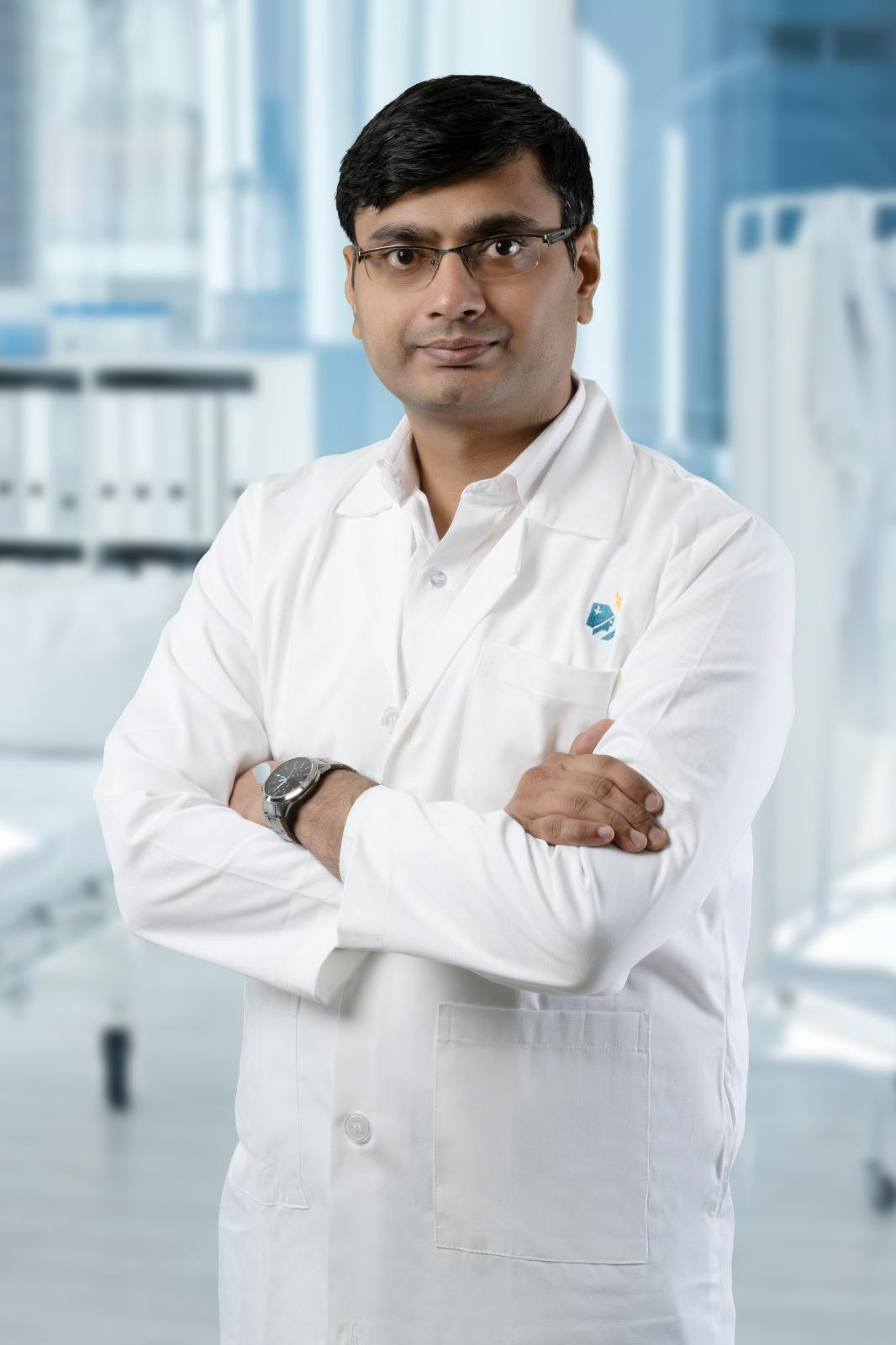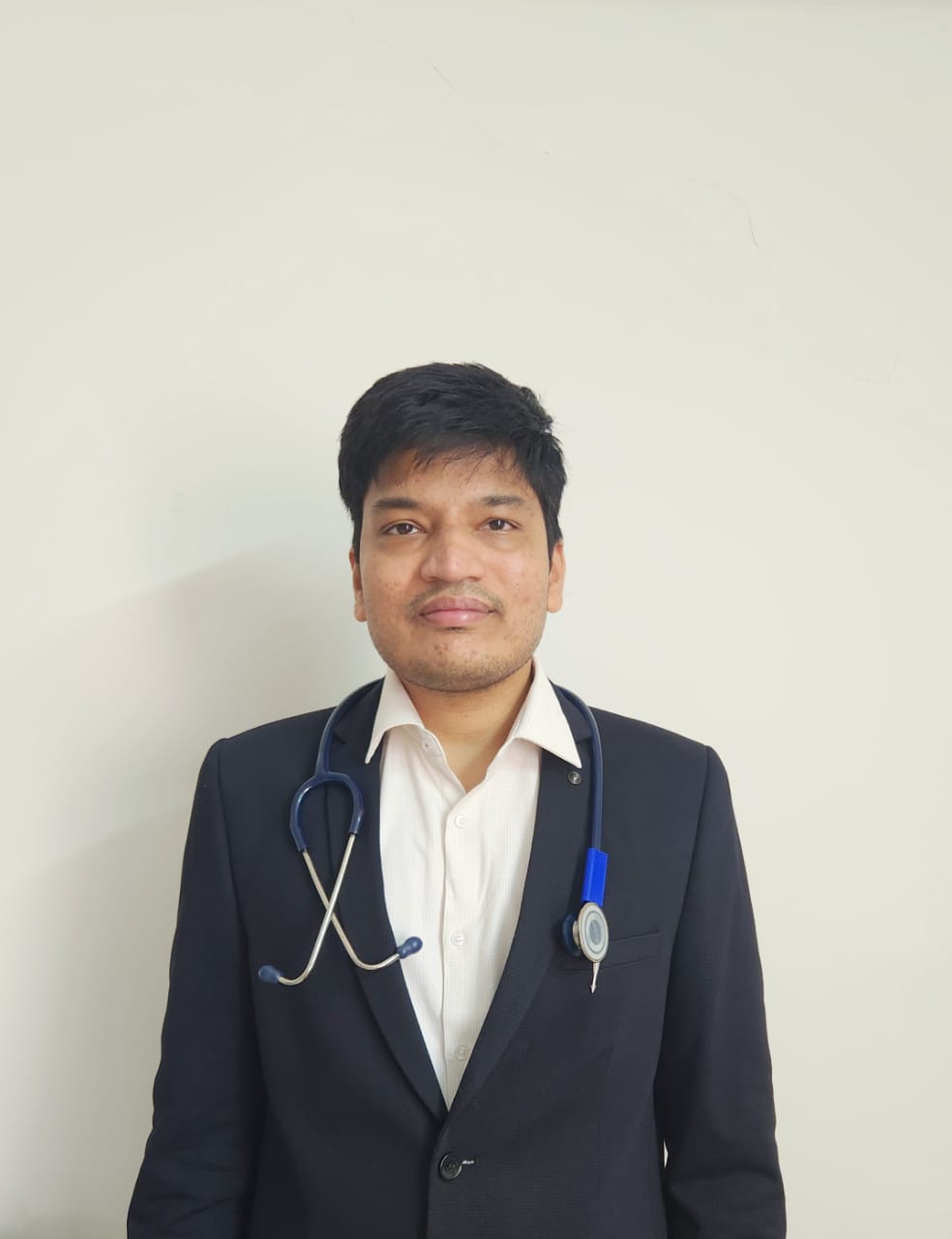Best Lymphoma Doctors in Bangalore
Lymphoma is a type of cancer that occurs within the lymphatic system, an integral part of the body’s immune system. This disease arises from genetic mutations occurring in lymphocytes (a type of white blood cell), which stimulate uncontrolled proliferation and growth. Predominantly, lymphoma presents in two forms: Non-Hodgkin lymphoma (NHL) and Hodgkin lymphoma (HL). While both can be aggressive, they are often treatable, especially when detected early.
In Bangalore, renowned for its exceptional healthcare facilities, Apollo Hospitals stands out for its outstanding expertise with some of the best doctors for lymphoma treatment, ensuring high-quality medical care. The facility boasts a team of proficient specialists in lymphoma who excel in both diagnosis and the implementation of effective treatment plans. These teams are supported by a robust system that effectively manages the disease and ensures a comprehensive approach to patient care.



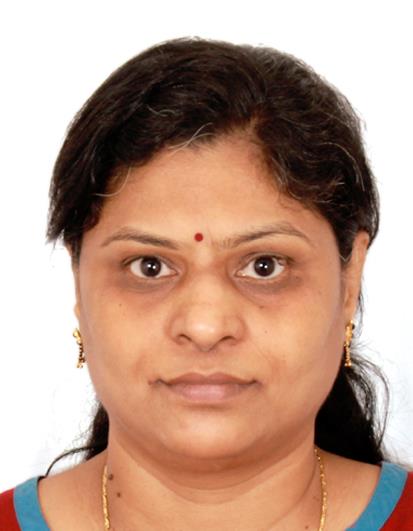


 Call Now
Call Now